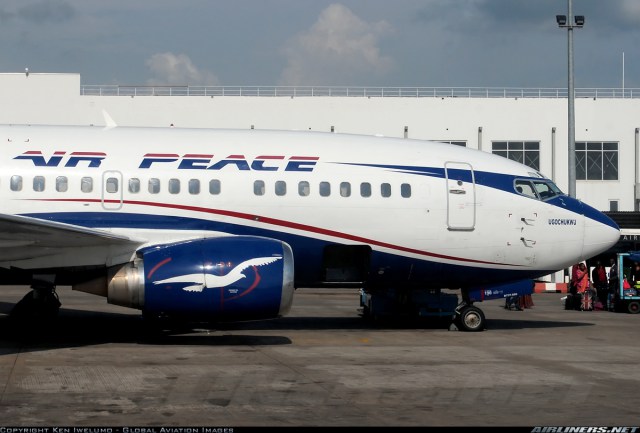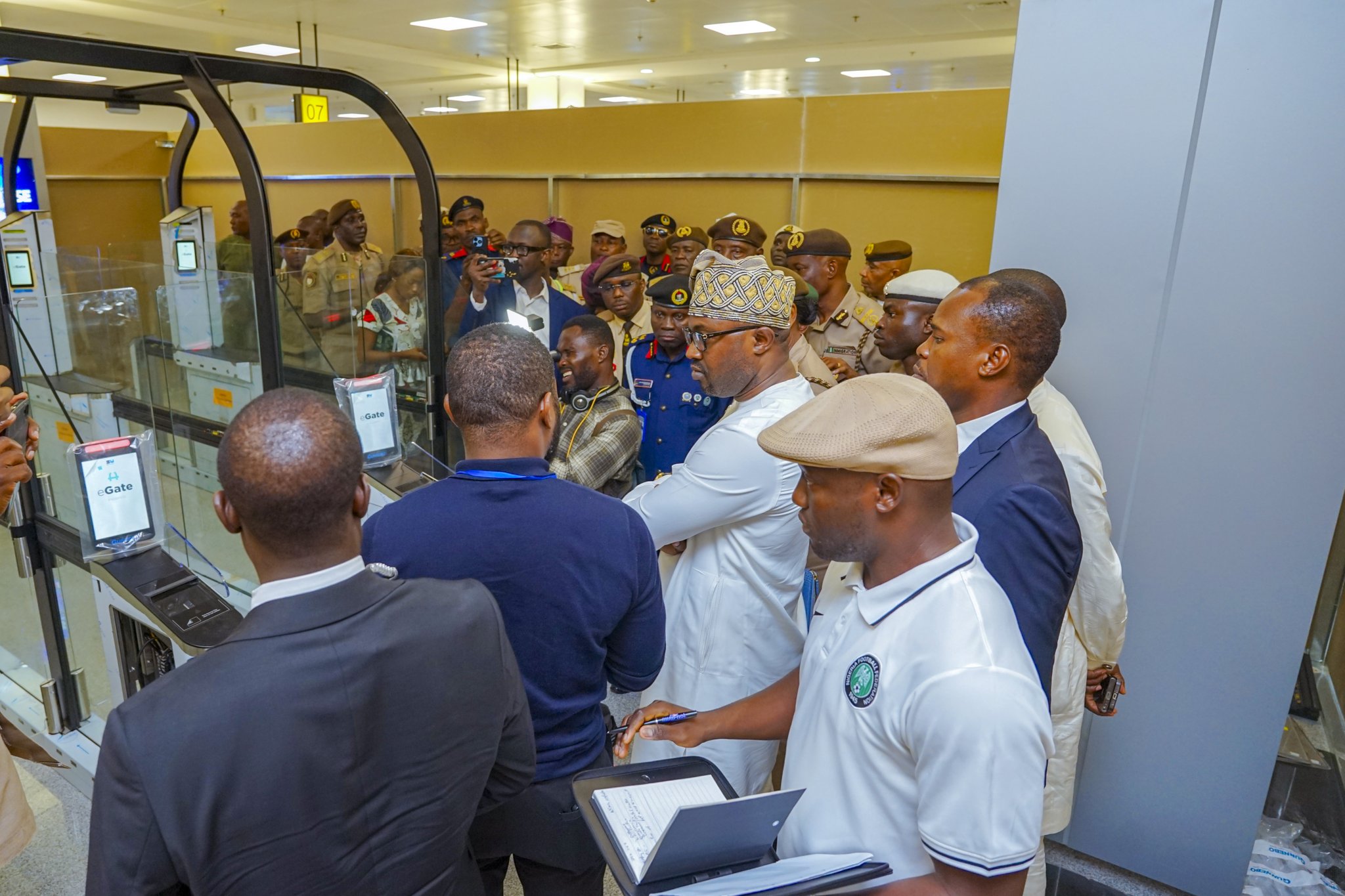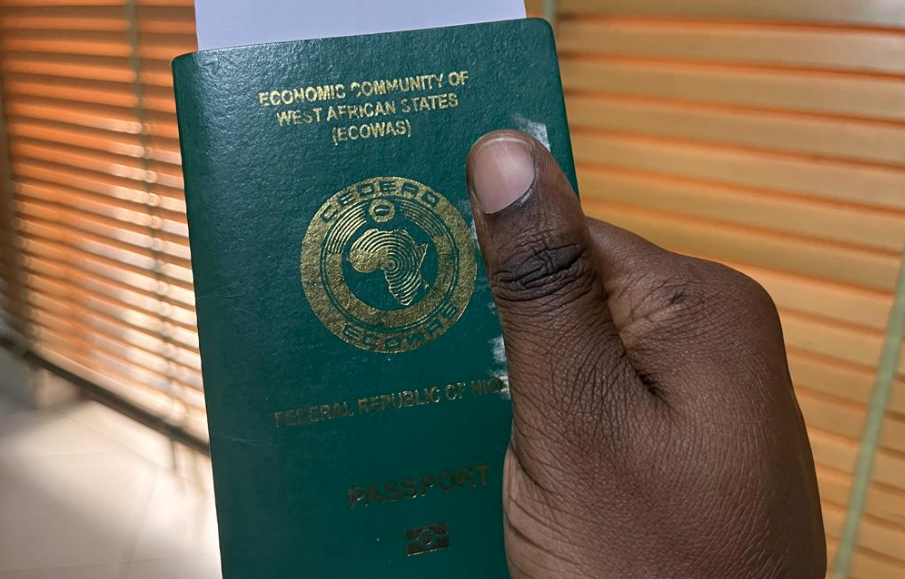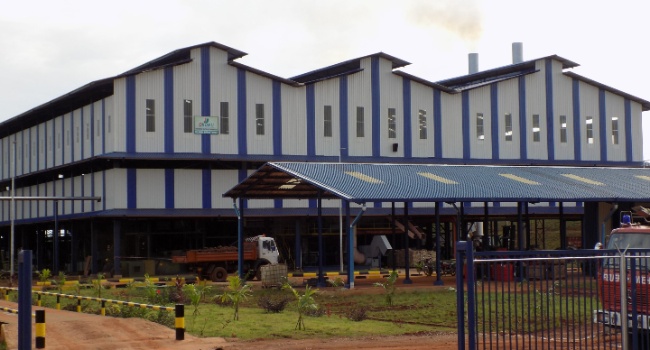The Nigerian Safety Investigation Bureau (NSIB) says non-adherence to guidelines by Air Peace crew led to the incident that occurred at Kaduna Airport in 2021.
NSIB disclosed this on Friday in its final report on the incident involving Embraer EMB-145LR operated by Air Peace.
On January 14, 2021, an Air Peace aircraft with registration marks 5N-BVD departed Murtala Muhammed International Airport Lagos for Kaduna airport with 53 persons on board (49 passengers and four crew) and a fuel endurance of three hours.
According to the findings of the accident bureau, after landing in Kaduna, the captain noticed slight stiffness on the nose wheel steering (NWS) while exiting the active runway to the ramp.
Advertisement
“The captain instructed the first officer to select the hydraulic system 1 electric Motor Driven Pump switch from AUTO to ON position. Thereafter, the nose wheel steering became more effective,” NSIB said.
“On ground Kaduna, the flight crew separately conducted walk-around and reported no sign of hydraulic fluid leakage around the aircraft.
“During taxi out for departure from Kaduna, the Captain instructed that the hydraulic system 1 electric motor driven pump switch be selected to ON position from AUTO.
Advertisement
“The lead cabin crew reported twice to the flight crew via the intercom that he heard noise from the rear of the aircraft while taxiing out.
“After line-up, the flight crew checked the engine parameters and noticed that there was no abnormal indication. During the take-off roll, at a speed of 119kt the captain took over the control of the aircraft and performed a high-speed ‘Rejected Take-off’.
“The Captain applied foot brakes and thrust reversers, the Number 1 Thrust Reverse did not deploy.
“After the high speed rejected take-off, the engines were shut down but the APU was left running and the CVR was not deactivated. Some portions of the CVR recordings relevant to this occurrence were overwritten.
Advertisement
“A loose coupling on the hydraulic line servicing the brake control valve on the hydraulic system 1 line was eventually found on 19th January 2021 as the source of the large amount of hydraulic fluid loss.
“Causal factor operating the aircraft with an unserviceable hydraulic system leading to a high-speed rejected take-off.”
Highlighting more factors that led to the accident, NSIB said the leakage of hydraulic fluid from hydraulic system 1 was due to a loose coupling on the hydraulic line servicing the brake control valve.
The hydraulic system is the heart of an airplane’s system and is essential for a smooth flight and proper aircraft operation.
Advertisement
The most frequent applications for aircraft hydraulic systems are flight control surfaces, landing gear, and brakes.
The bureau also said the non-adherence of Air Peace to guidelines on diagnosis and reporting of faults was an issue.
Advertisement
NSIB said the non-indication of a hydraulic leakage and non-annunciation of “Hydraulic System Fail” message on the engine indicating and crew alerting system (EICAS) reinforced the flight crew’s decision to continue with the flight from Kaduna.
‘IMPROVE COORDINATION, OVERSIGHT’
Advertisement
Proffering solutions, NSIB recommended improved coordination and oversight.
“Air Peace should ensure that flight crew adhere to requirements of operations requiring coordination between the flight crew and the Air Peace Ltd operations control centre in the decision-making process to resolve any malfunctions or damage encountered at an airport where authorised Air Peace Limited maintenance personnel is not available,” NSIB said.
Advertisement
“Air Peace Limited should improve its internal oversight over its aircraft maintenance activities to ensure procedures are appropriately followed to promptly identify and remedy trends of deviation from the established standards, including the identification and rectification of excessive hydraulic fluid depletion.”
NSIB also urged the Federal Airport Authority of Nigeria (FAAN) to ensure Kaduna Airport have an approved airport emergency plan.






